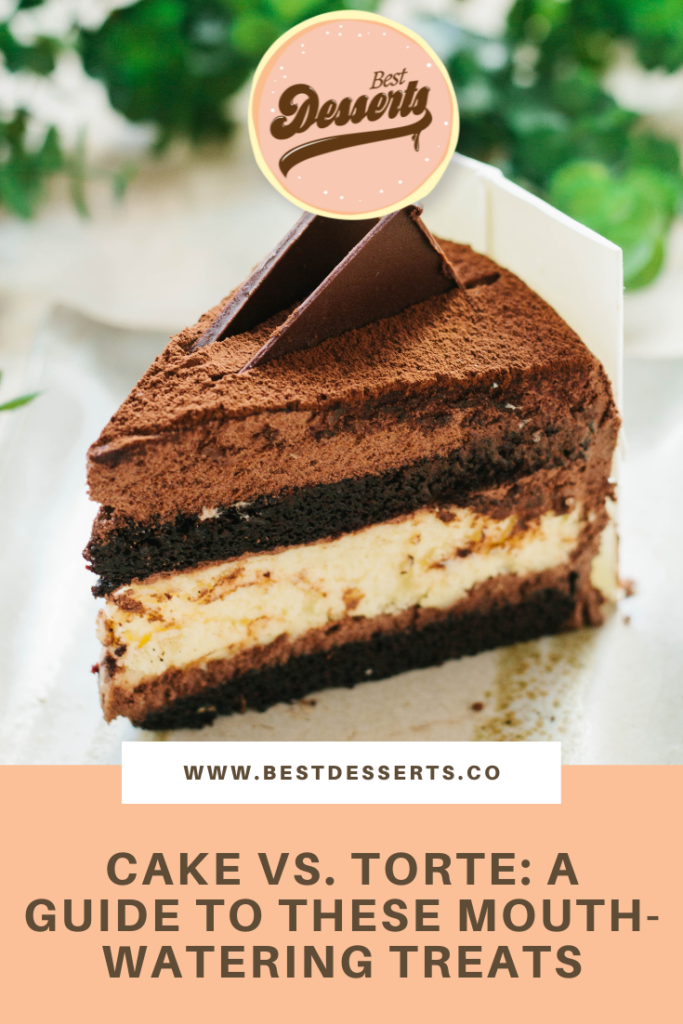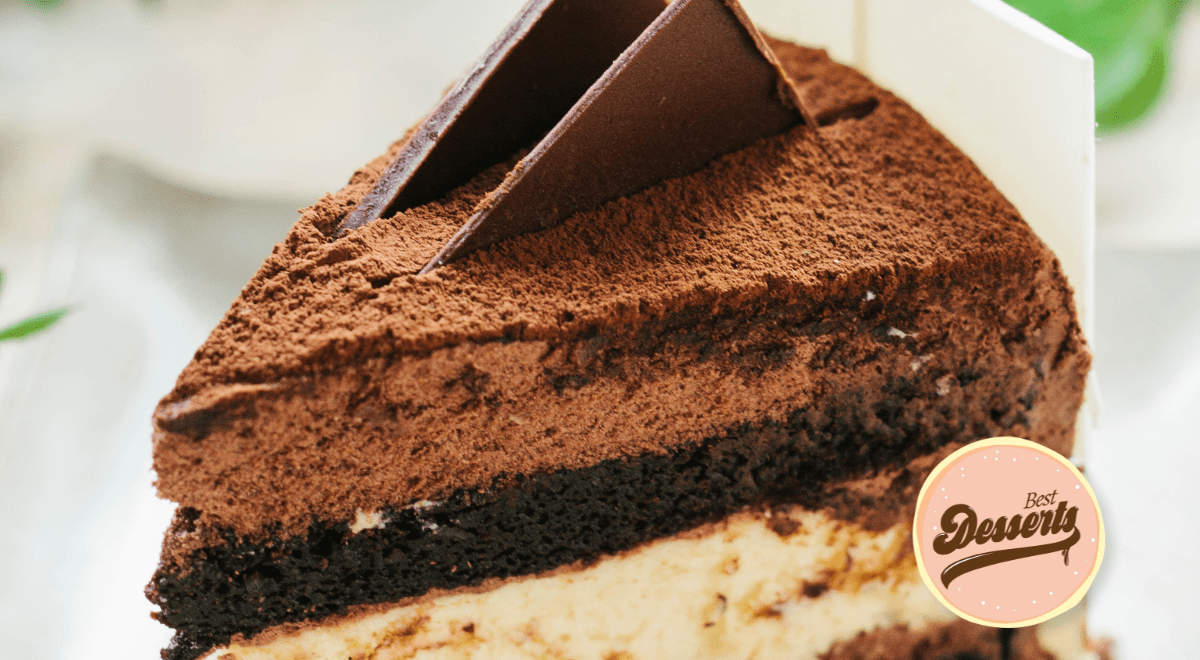Table of Contents
A torte is a dessert that has been enjoyed for centuries and has roots in European cuisine. It is often layered, rich, and decadent, making it a perfect choice for special occasions or special treats. This article will explore the history, ingredients, and variations of tortes to help you understand what makes them unique.
History
Tortes have been around for centuries, with the first recorded recipes dating back to the 16th century. It is believed that the dessert originated in central Europe, specifically in Austria and Germany, where it became a popular choice for celebrations and special occasions. Over time, the recipe for tortes has been adapted and altered to suit different tastes and preferences, but the essential elements remain the same.
Ingredients
The ingredients for a torte vary depending on the specific recipe, but some common elements include eggs, sugar, butter, flour, and a filling. The filling can be made from fruit, chocolate, cream, or even nuts and layered between the cake layers or spread on top.
Variations
There are many variations of tortes, each with its unique flavour and style. Some of the most popular variations include:
- Fruit Tortes: These tortes often feature a fruit filling, such as raspberry or cherry, and can be topped with a sweet glaze or icing.
- Chocolate Tortes: As the name suggests, these tortes feature a rich chocolate filling and are often garnished with chocolate shavings or ganache.
- Nut Tortes: These are made with a nut-based filling, such as hazelnut or almond, and are often paired with a rich chocolate or cream filling.
- Cheesecake Tortes: These are made with a creamy cheese filling and are often topped with fruit, such as strawberries or raspberries.
Cake vs. Torte
Cake and torte are both popular desserts that are enjoyed by people all over the world. However, there are some critical differences between the two. A cake is a sweet baked dessert typically made with flour, sugar, eggs, and butter or oil. Cakes can be either simple or elaborate and decorated with frosting, fruits, and other toppings.
On the other hand, a torte is a cake made with a high proportion of ground nuts or dried fruits, giving it a dense and rich texture. Tortes are often layered with jam, fruit, or cream and have a lighter sweetness than traditional cakes. They are also typically smaller in size and are served in thin slices. In summary, while both cakes and tortes are delicious dessert options, a torte is denser, nuttier, richer in flavour, and typically served in smaller portions.
Conclusion
Tortes are a type of dessert that has been enjoyed for centuries and offer a rich, decadent flavour that makes them perfect for special occasions. Whether you prefer fruit, chocolate, nuts, or cheese, there is a torte recipe for everyone. So why not try making one for yourself today and discover the joys of this timeless dessert?
Frequently Asked Questions
- What is the origin of Tortes? The origin of tortes is believed in central Europe, specifically in Austria and Germany, where it became famous for celebrations and special occasions.
- What are the typical ingredients in a Torte? The ingredients for a torte vary depending on the specific recipe, but some common elements include eggs, sugar, butter, flour, and a filling.
- Can Tortes be made with gluten-free ingredients? It is possible to make tortes using gluten-free ingredients, such as gluten-free flour and cake mixes.
- Are Tortes typically served with a specific type of beverage? Tortes can be filled with various drinks, including coffee, tea, hot chocolate, or wine.
- What is the difference between a Torte and a regular cake? The main difference between a torte and a traditional cake is the texture and richness of the dessert. Tortes are denser and richer than regular cakes and often feature multiple layers of cake and filling.
- What is the ideal occasion to serve a Torte? Tortes are typically served as special occasions desserts, such as at birthday celebrations, dinner parties, or holidays. They are often seen as a more sophisticated and elegant dessert option due to their intricate layers and rich flavours. The occasion and presentation of a torte can range from a casual family gathering to a formal, black-tie event, making it a versatile dessert tailored to fit any celebration.
Try this: Olive Oil, Orange, and Thyme Cake


